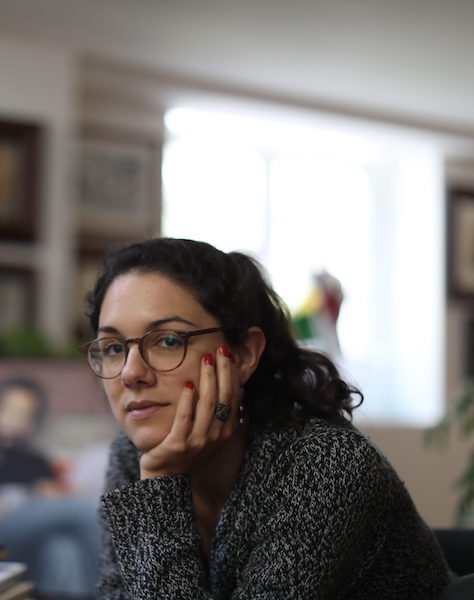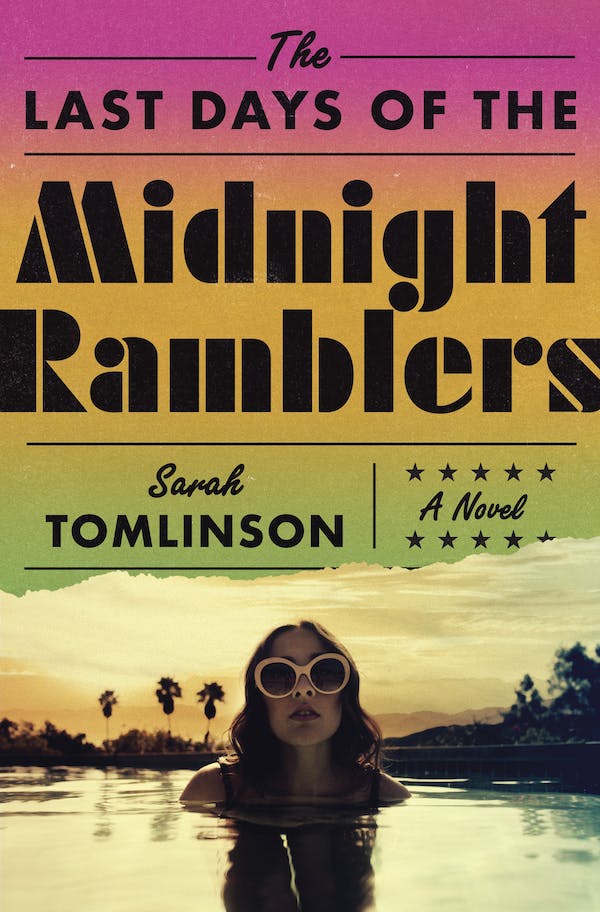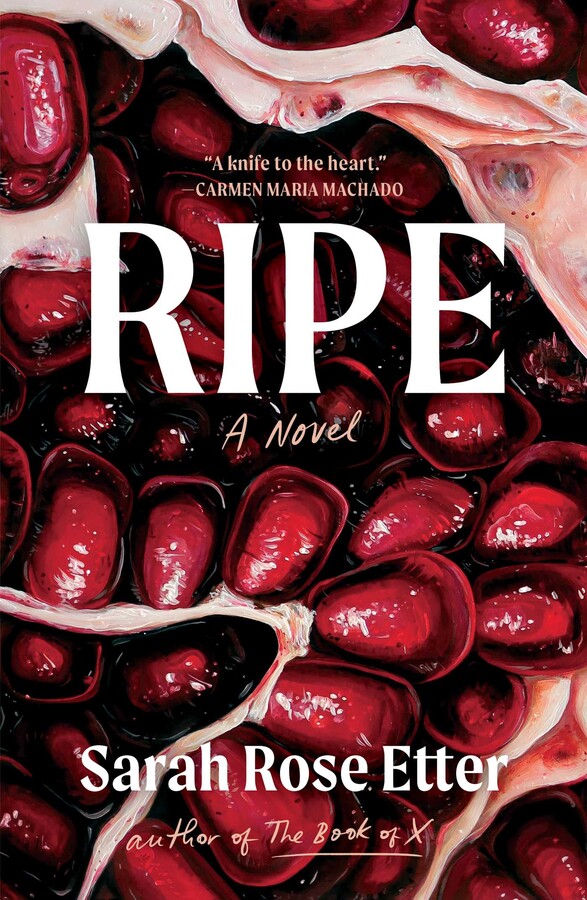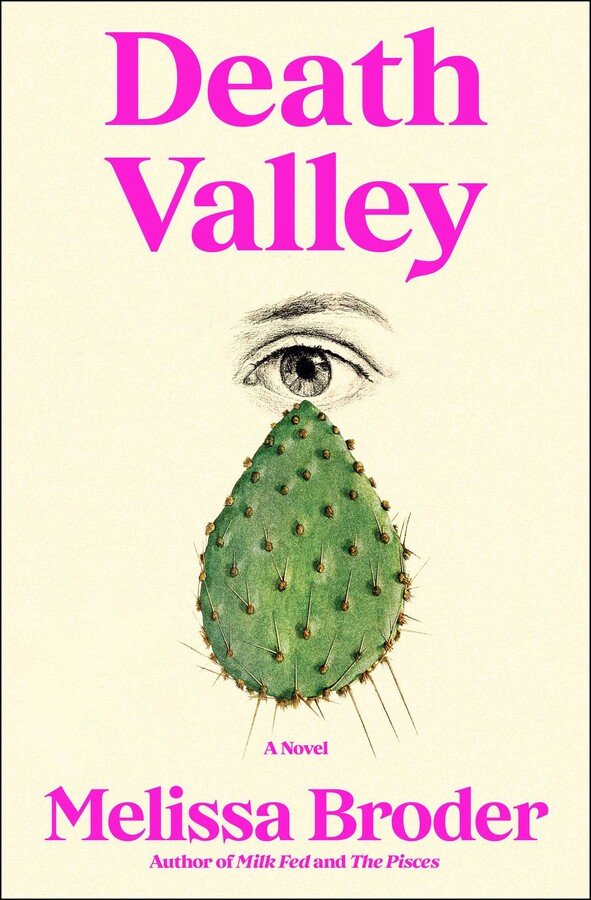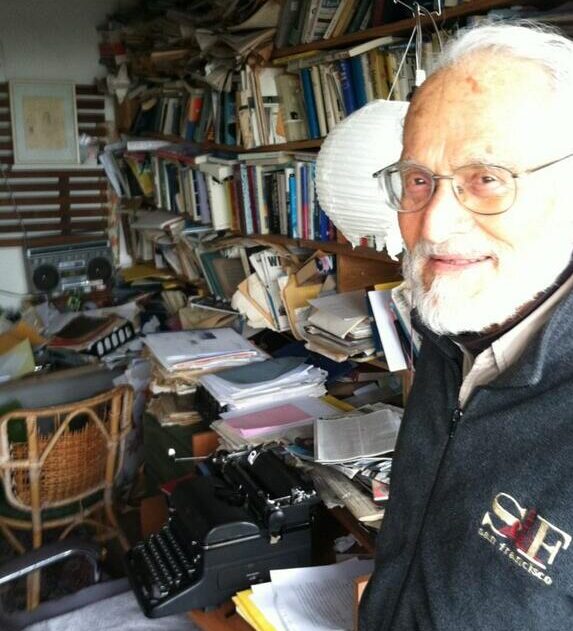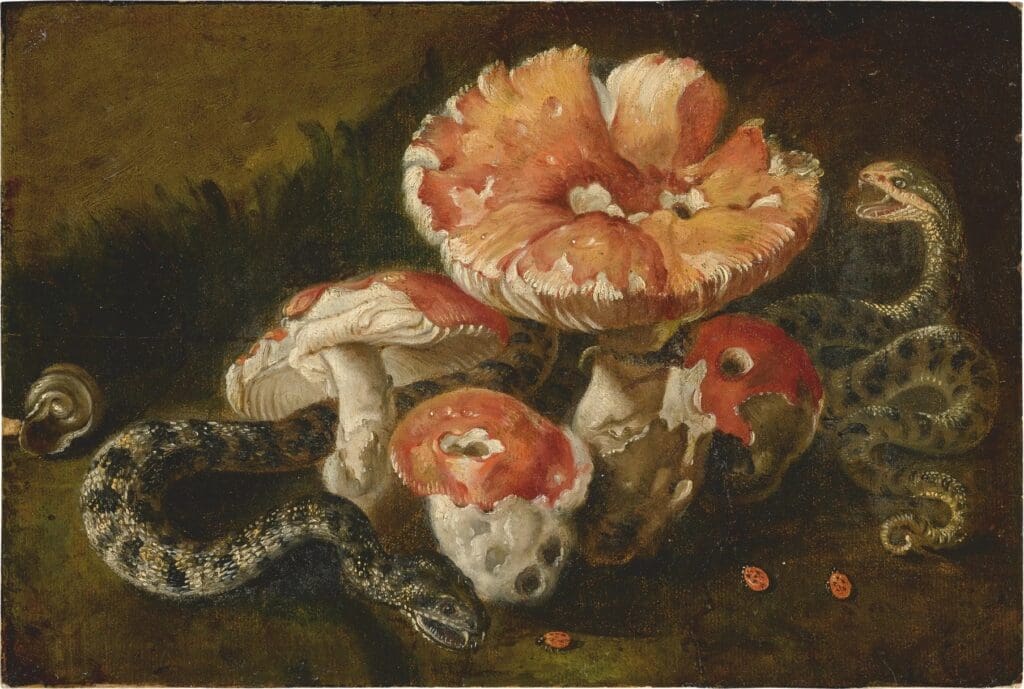Translated from the Spanish by Robin Myers 1. I’m interested in the language of animals. 2. Whales, especially the humpback whale and the various subspecies of blue whale, are known to make repetitive sounds with different frequencies we consider to be songs. 3. When we look at animals, we hope to find virtues we lack. 4. Although sexual selection is thought to be their primary purpose, whale songs remain a mystery to scientists. 5. The human body is a symphony. (Charles Ives) 6. The universe is a symphony. (John Cage) 7. Nothing suggests that whales are trying to communicate with […]
The Voices of the Whales
by Isabel Zapata
